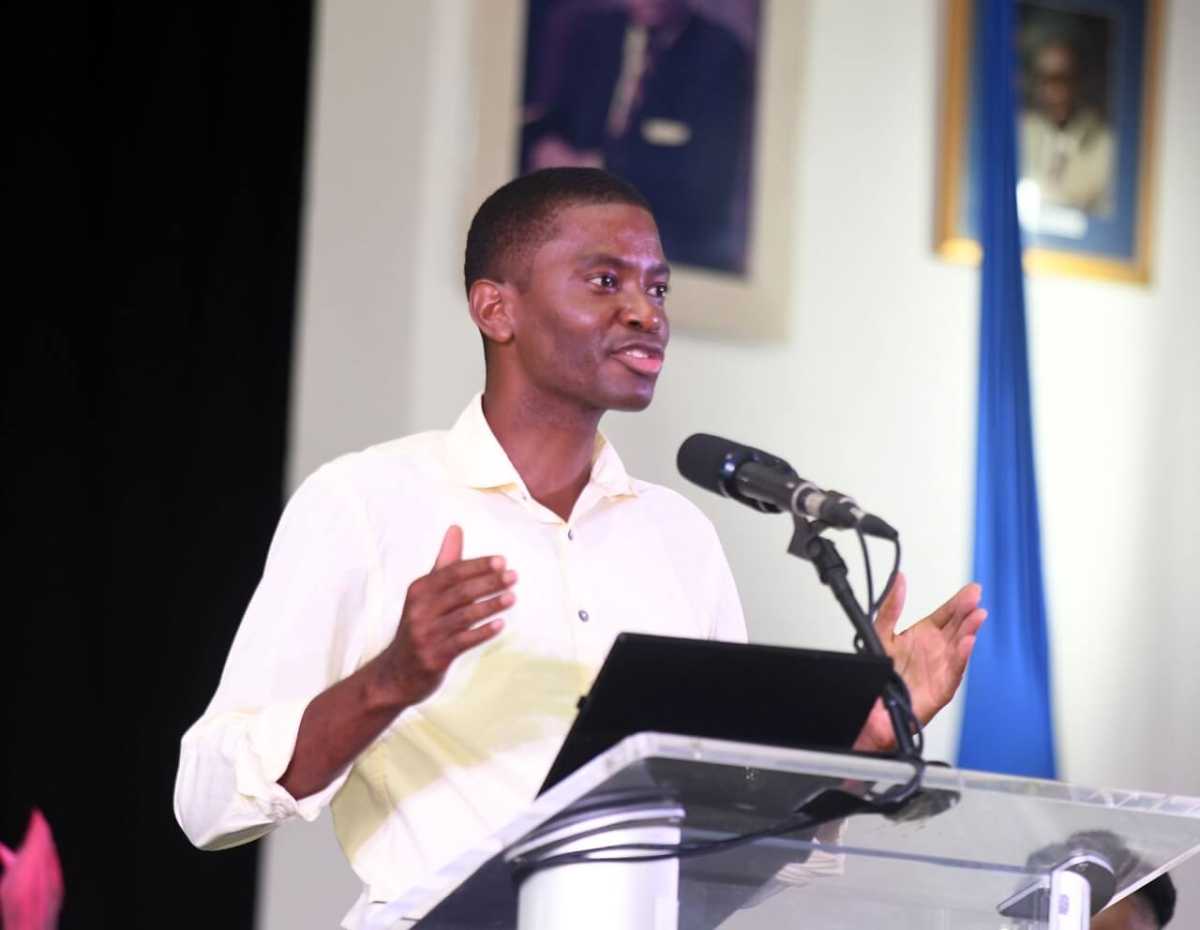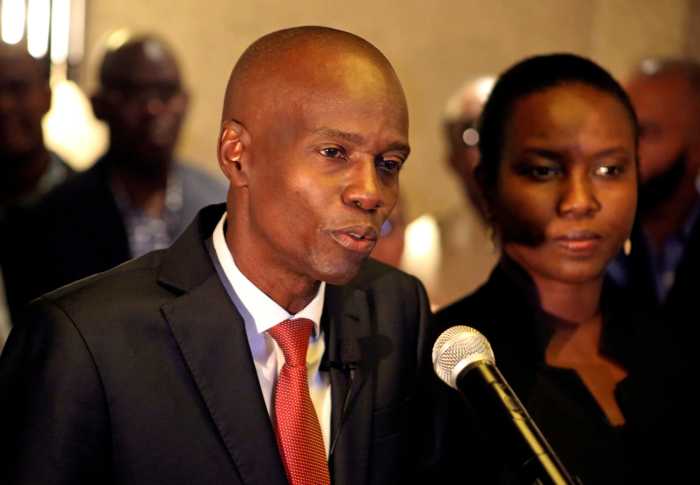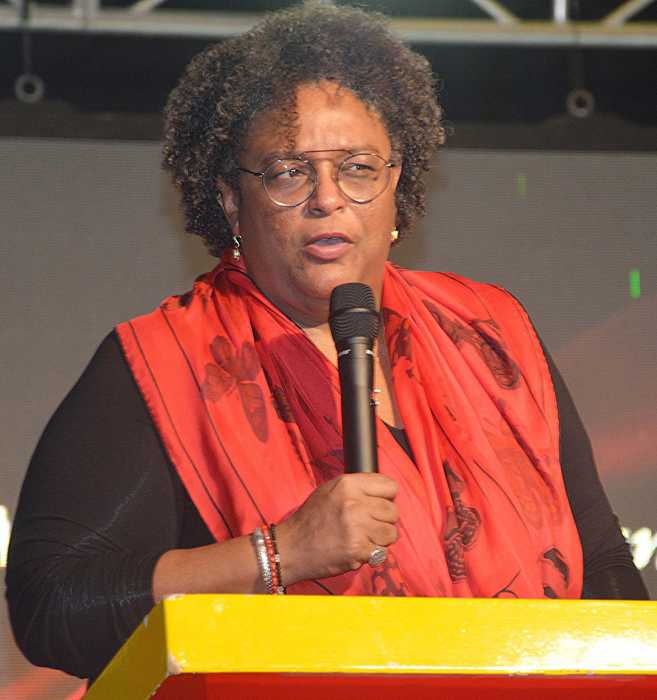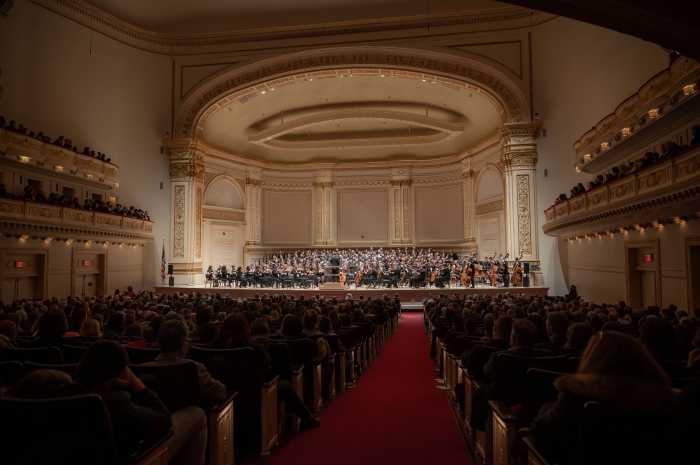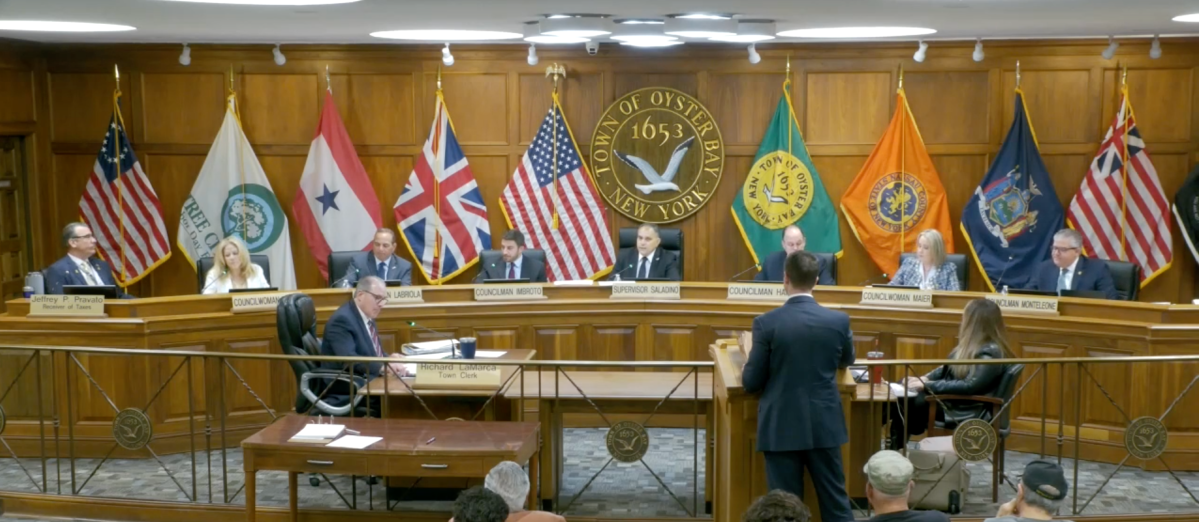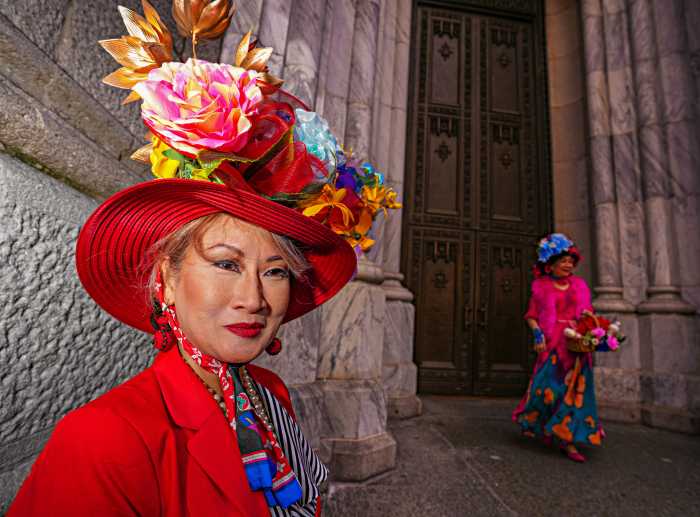BAHAMAS
The Bahamas government says it will reissue US$1.3 billion of domestic debt due for repayment this fiscal year.
According to the Public Debt Statistical Bulletin for the second quarter of the financial year, 2022/2023, issued by the Ministry of Finance, Nassau had paid close to one billion dollars in debt servicing costs since the start of the fiscal year.
According to the Ministry, at the end of December, foreign currency debt amounted to US$4.84 billion, while domestic debt increased to US$6.19 billion.
“The debt redemption profile for the balance if 2022/23 includes reissuances of treasury bills ($904.4 million), treasury notes ($101.5 million) and Central Bank advances ($355.0 million).
“Key drivers behind the spikes in external payments for 2023/24 and 2028/29 are central government’s bond maturities, as is the case with FY2027/28 and FY2029/30 through FY2031/32,” the bulletin noted.
CARIBBEAN
Solidarity is strong between Caribbean Community (CARICOM) and Canada to help foster solutions to the crisis in Haiti.
Addressing the 44th CARICOM Summit as a special guest recently in Nassau, Bahamas, Canada’s Prime Minister Justin Trudeau announced his country plans to deploy Royal Canadian Baby vessels to conduct surveillance, gather intelligence and maintain a maritime presence off the Haitian coast, in the coming weeks.
The assistance comes as “Canada continues to reinforce the capacities of the Haitian Police to overpower armed gangs and hold those who support them accountable,” Trudeau said.
“The toll of human suffering in Haiti weighs heavily on me,” he told the conference adding that the situation in Haiti hits not only in the region but also Canada where there is a large Haitian diaspora.
GRENADA
The Grenada government recently said that it would deport 15 Haitian nationals, who entered the island as a group tourist recently because immigration has determined that they would be a burden to the public purse.
Prime Minister Dickon Mitchell, who is also the Minister for National Security and Immigration, told a news conference that the French-speaking nationals had arrived here on a flight from neighboring Trinidad and Tobago.
“So, the immigration officers in their normal routine checks were able to ascertain to make the determination that in fact they will be a charge on the public purse of they were in fact permitted to enter the state,” said Mitchell, noting that the decision was based on the amount of cash in the possession of the Haitians when they arrived here.
He said that because Haiti is a member of the Caribbean Community (CARICOM) grouping, there are very specific and limited grounds that can be used to prevent a CARICOM national from entering a member state.
“One of which is charge on the public purse and the second will be in broad terms, national security risk, in this case, it was purely on the basis of a charge on the public purse,” Mitchell said, indicating that the Haitians were unable to stay in a hotel for at least one night.
HAITI
Canada will send navy vessels to Haiti for intelligence-gathering as part of efforts to quell worsening gang violence in the Caribbean nation, Canadian Prime Minister Justin Trudeau announced recently.
Trudeau made the announcement in the Bahamas at an annual meeting of Caribbean leaders where a key topic has been Haiti’s surge in killings, rapes and kidnappings blamed on gangs emboldened since July 2021 assassination of President Jovenel Moise.
Haitian Prime Minister Ariel Henry, also at the meeting, has pledged for a full-fledged international military intervention to stem the mayhem. His country requested help from the U.N.
Security Council in October and has suggested the U.S. and Canada lead a force. No such intervention has come together, and neither country has offered to take the lead.
JAMAICA
The Jamaican government has declared states of public emergency (SOE s) in Clarendon and St. Ann, as well as the Kingston Western Police Division, following a “surge in criminal activities in these areas.”
“The declaration of states of public emergency will allow the security security forces to carry out targeted operations to disrupt and dismantle criminal gangs and their networks and prevent the occurrence of serious crimes,” Prime Minister Andrew Holness said.
A statement issued by the Office of the Prime Minister said that Holness, on the advice of the commissioner of police, the chief of defence staff, and the Governor General, Sir Patrick Allen, had indicated these SOEs would be for an initial period of 14 days, beginning at midnight on Feb. 15.
“Organized gangs are the main source and cause of violence, leading to fear and terror in some communities. The government must protect innocent citizens from these criminal gangs and therefore must act,” Holness said.
ST. VINCENT
Police Commissioner Colin John has told media representatives that the police takes every report of crime seriously and that the law enforcement agencies believes in a free press.
He is promising that the St. Vincent and the Grenadines Police Force will do what it can to ensure that a free press continues to exist in the country.
John, accompanied by other senior officials, met with several members of the media, who had written to him on Jan. 30, complaining of the “aggression” directed at them outside the Serious Offences Court on Jan.25.
In their letter, copied to the National Security Minister and Prime Minister Dr. Ralph Gonsalves and the Chief Magistrate, Rechanne Browne, the journalists said, ” this has been an ongoing situation about which journalists have complained repeatedly over the years to police officers assigned to the court.”
“I can assure you that the police take incidents like this seriously,” John told the media workers during the meeting, adding that an investigation had been launched into the incident.
Meanwhile, Prime Minister Dr. Ralph Gonsalves in a Feb. 6 response to the letter, said the issue is “a serious one and the state authorities are obliged to address it firmly and urgently.”
He informed the media of a summary notation he had written for transmission to the commissioner of police, chief magistrate and attorney general.
In the notation, Gonsalves said St. Vincent and the Grenadines “is a free and democratic country, which functions within the framework of the rule of law.”
— Compiled by Azad Ali


